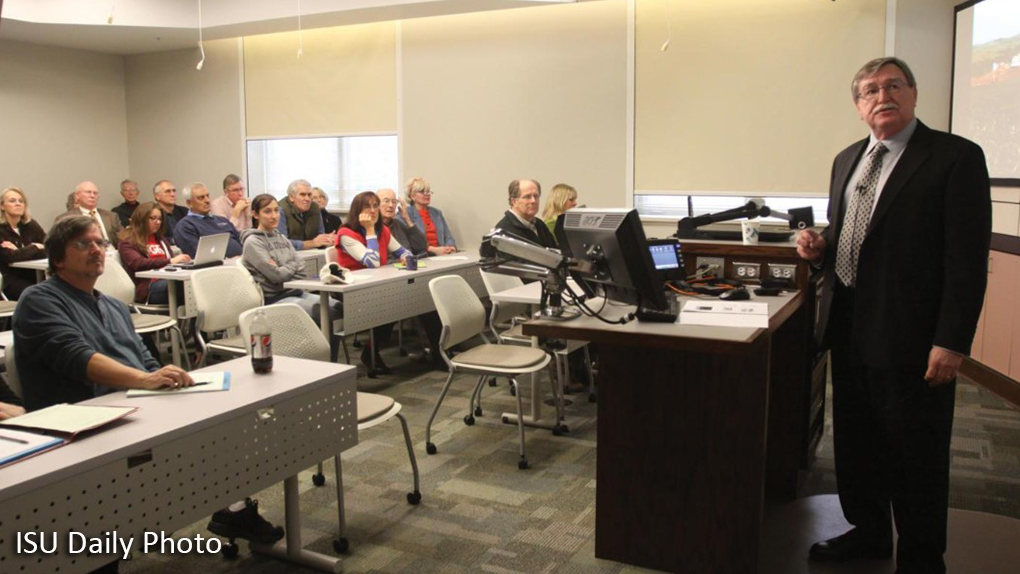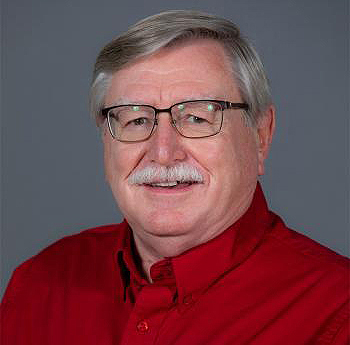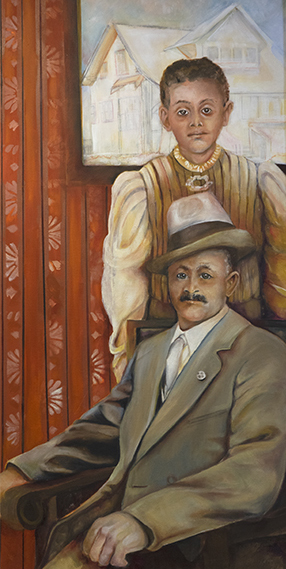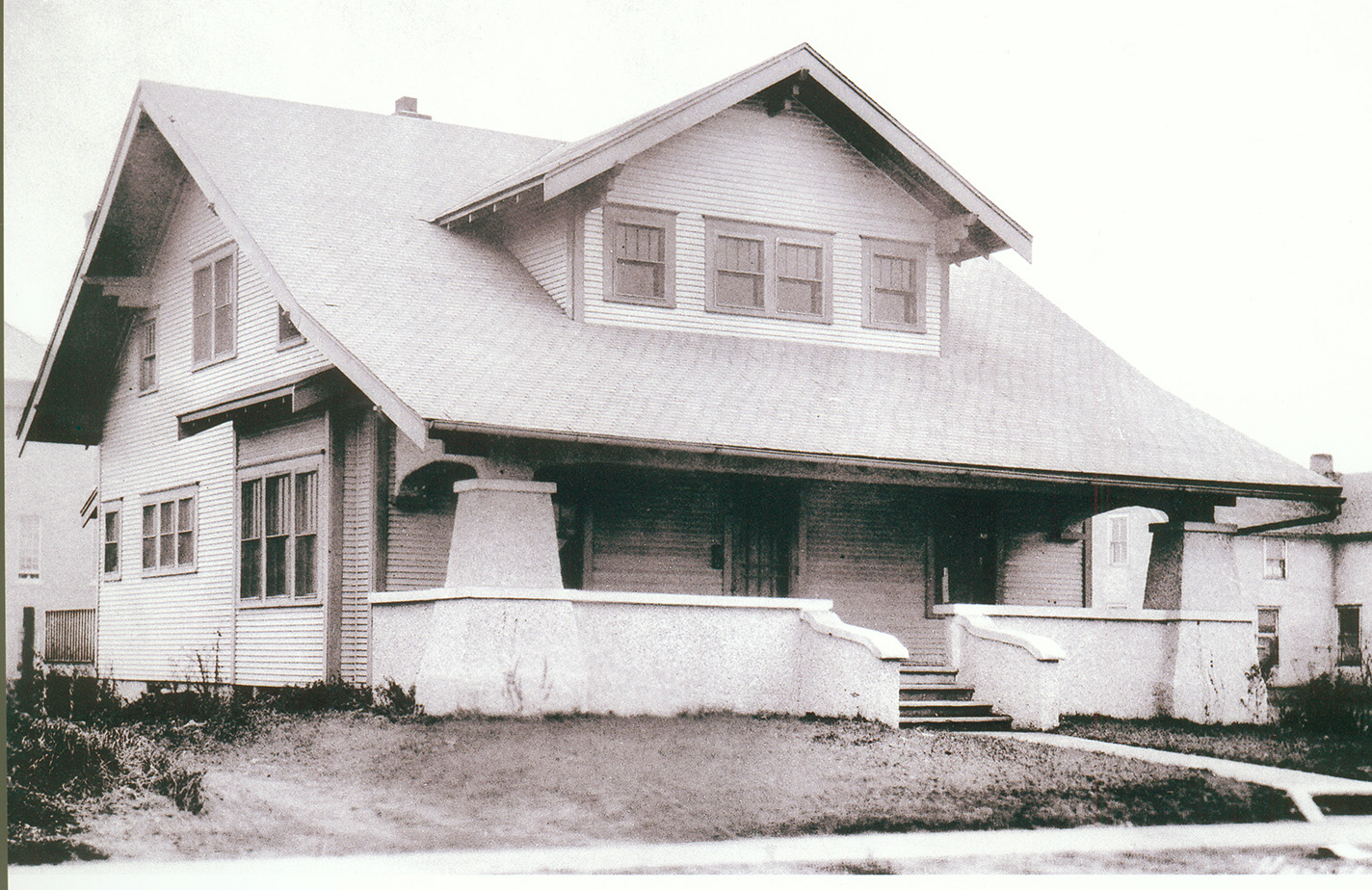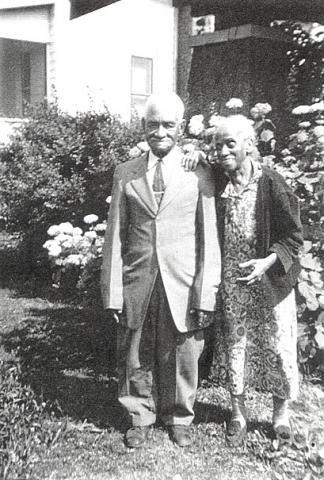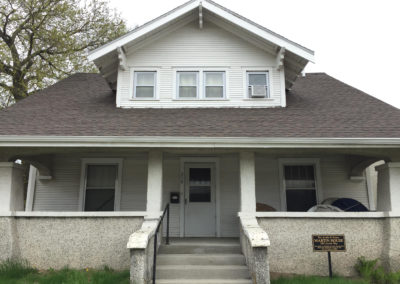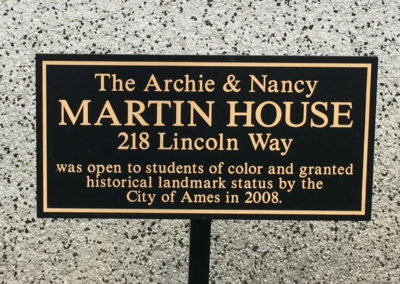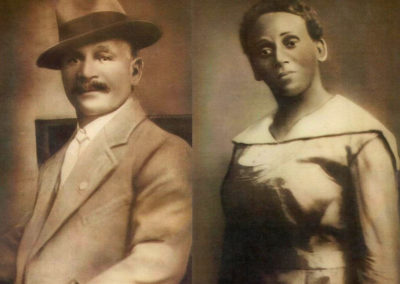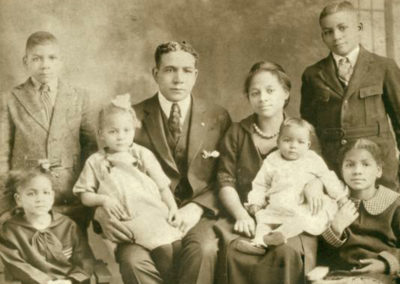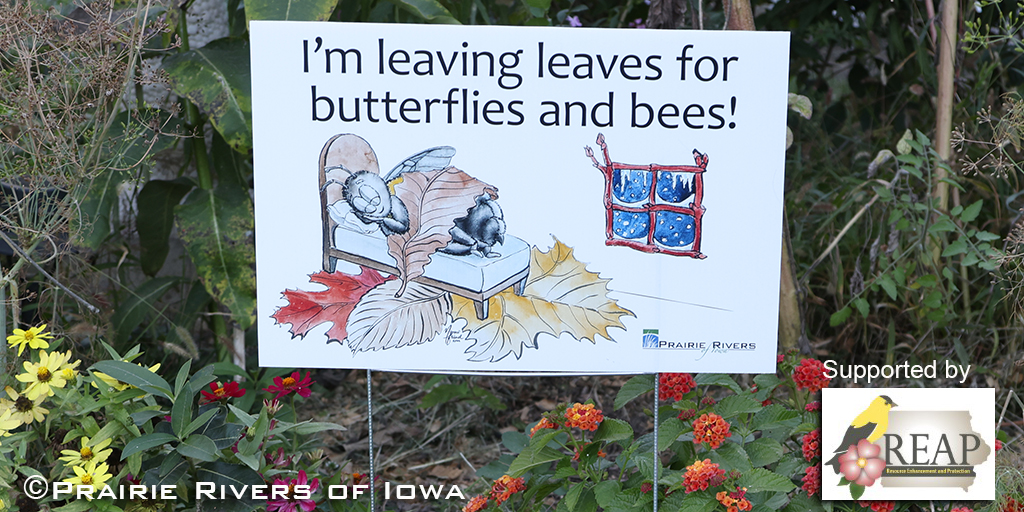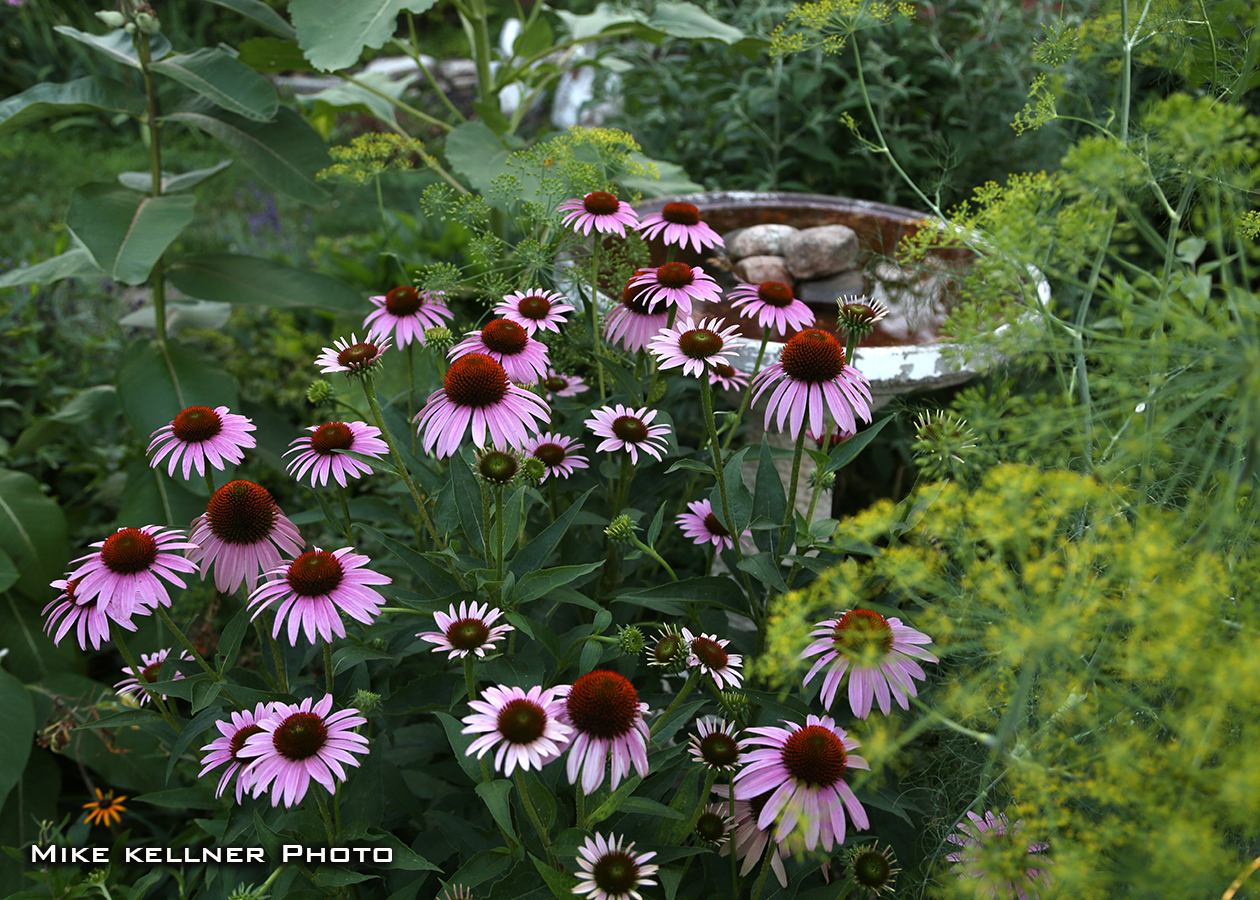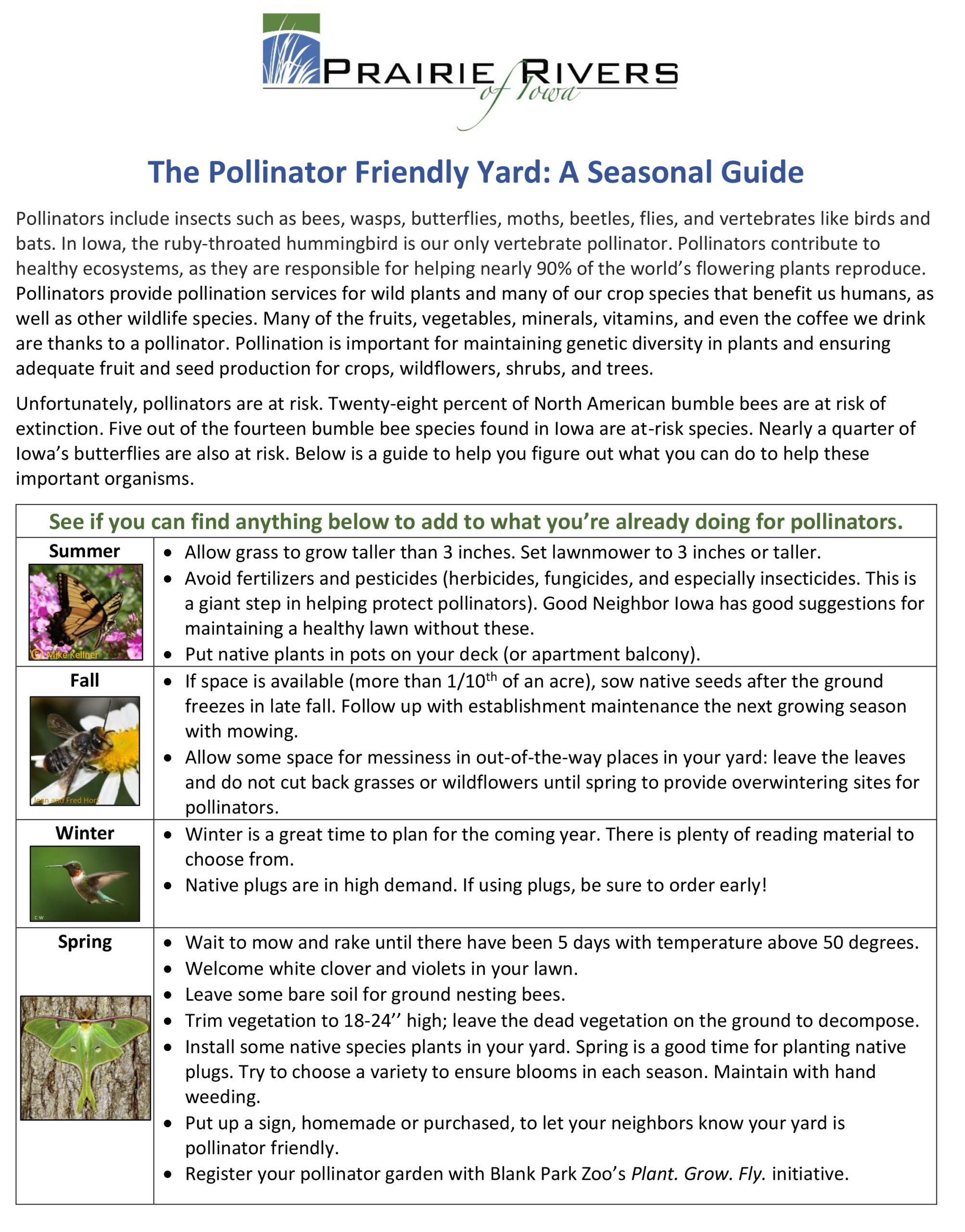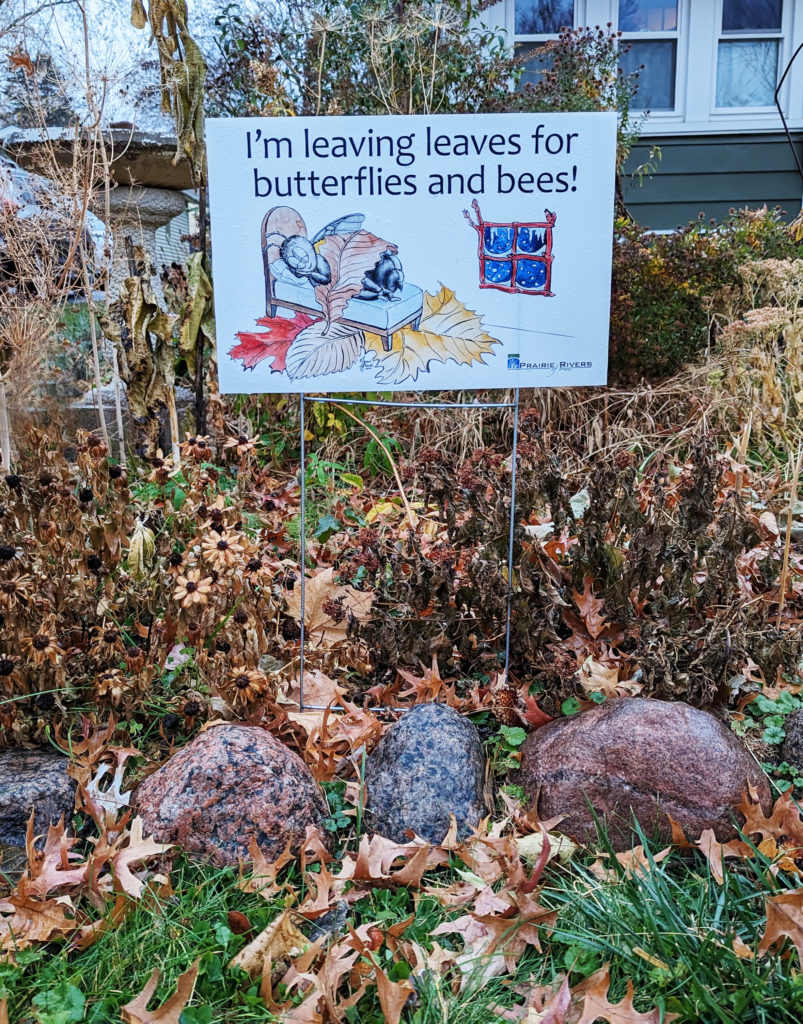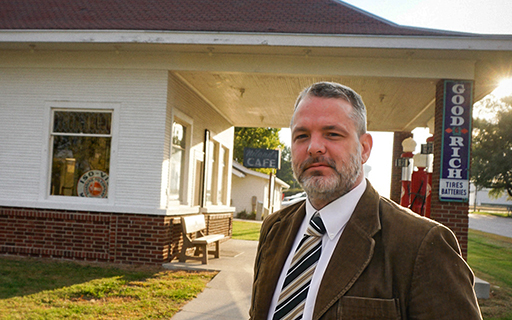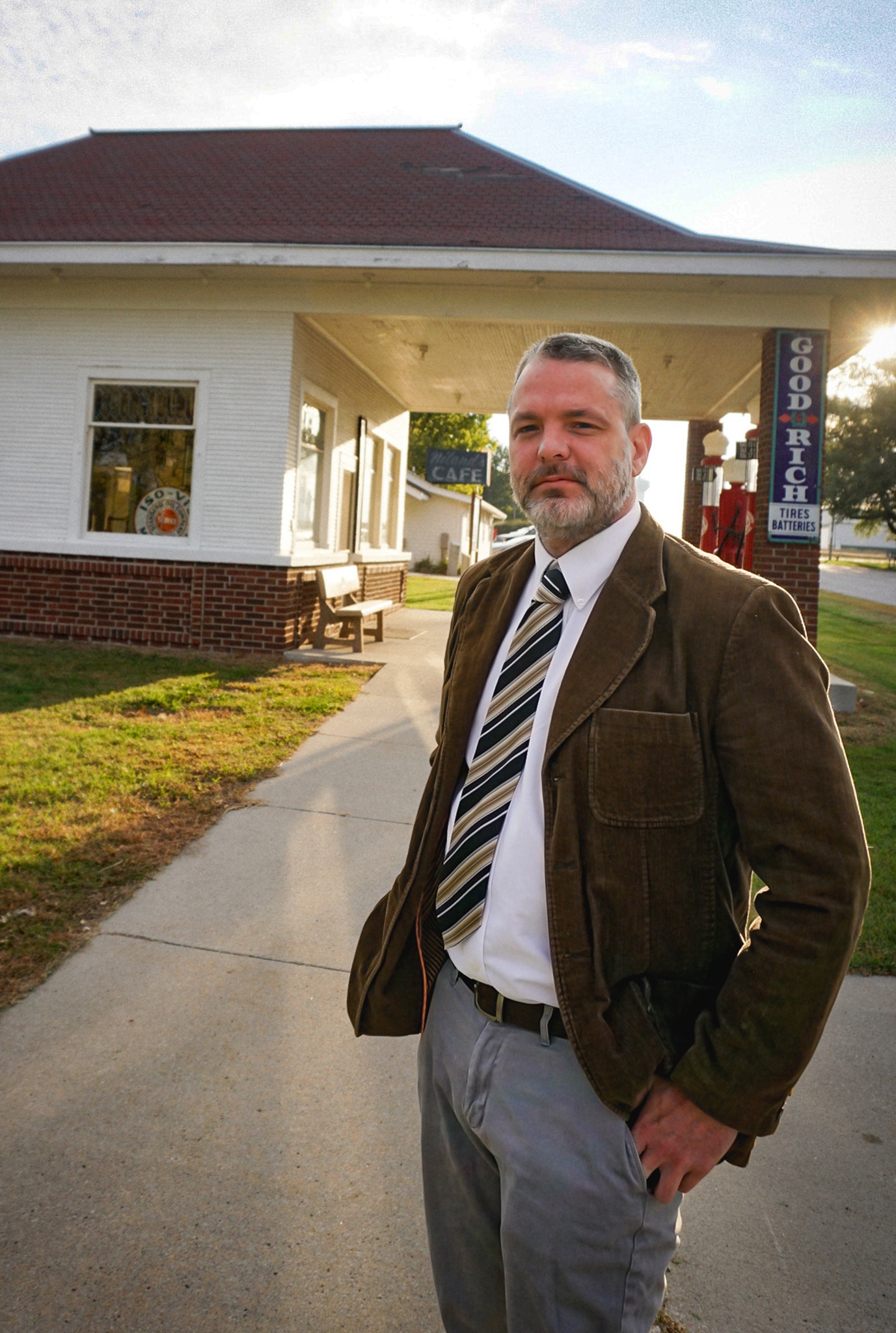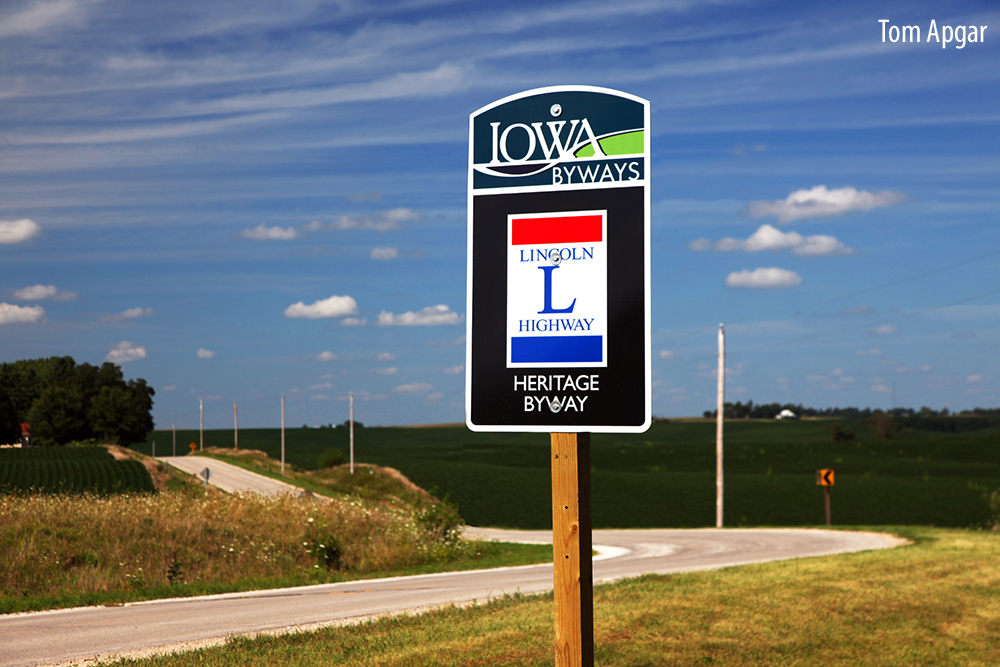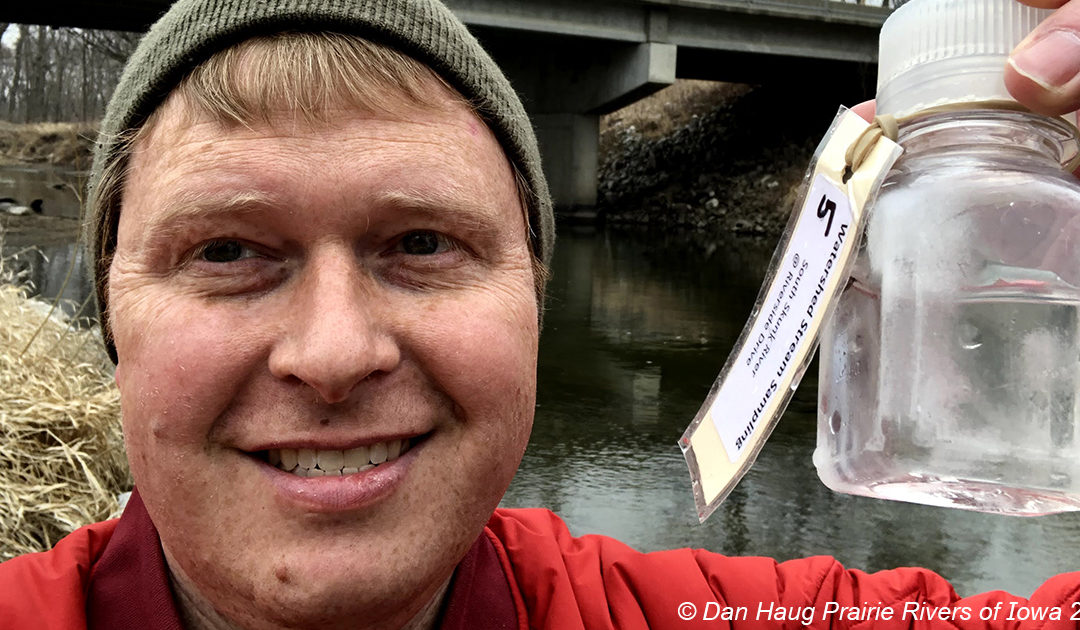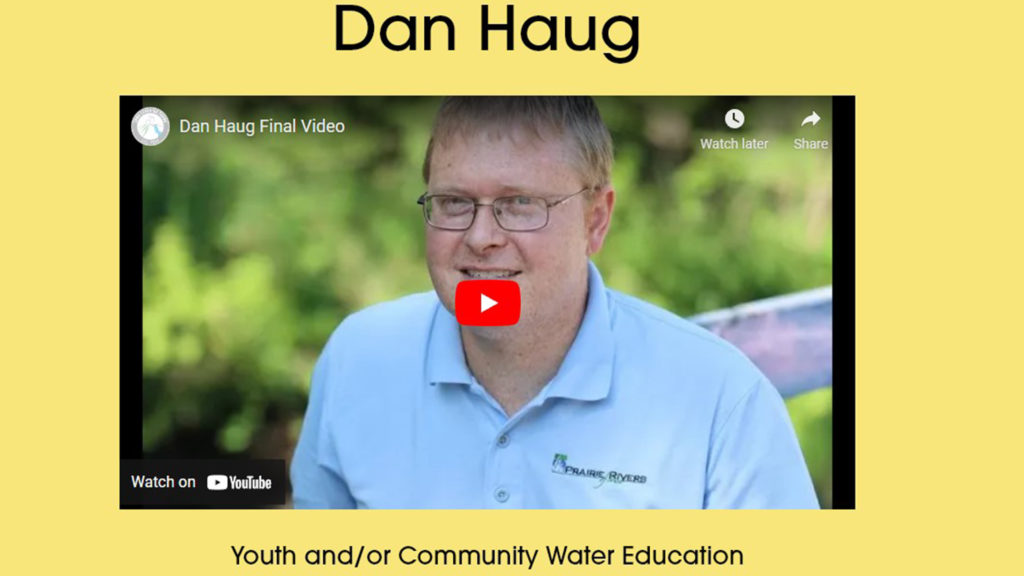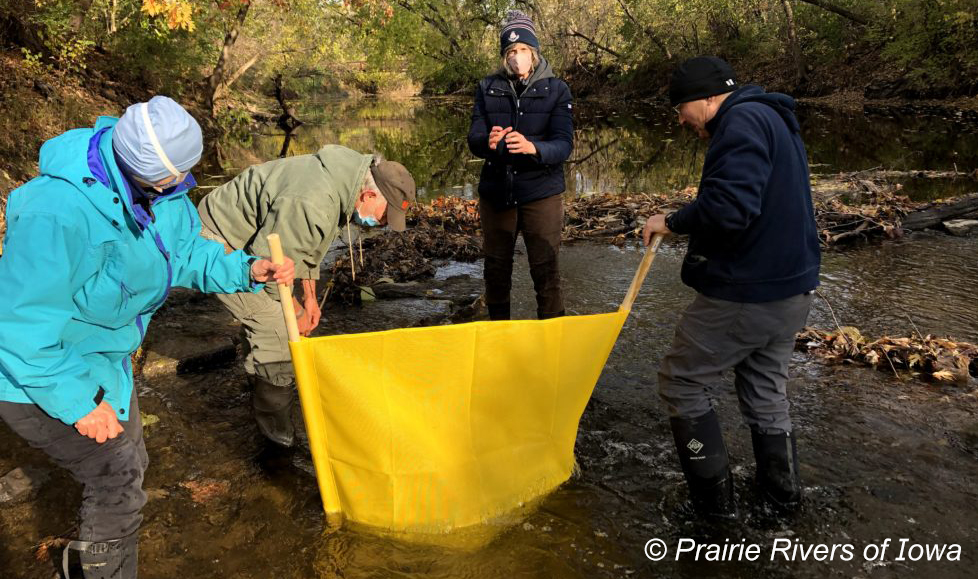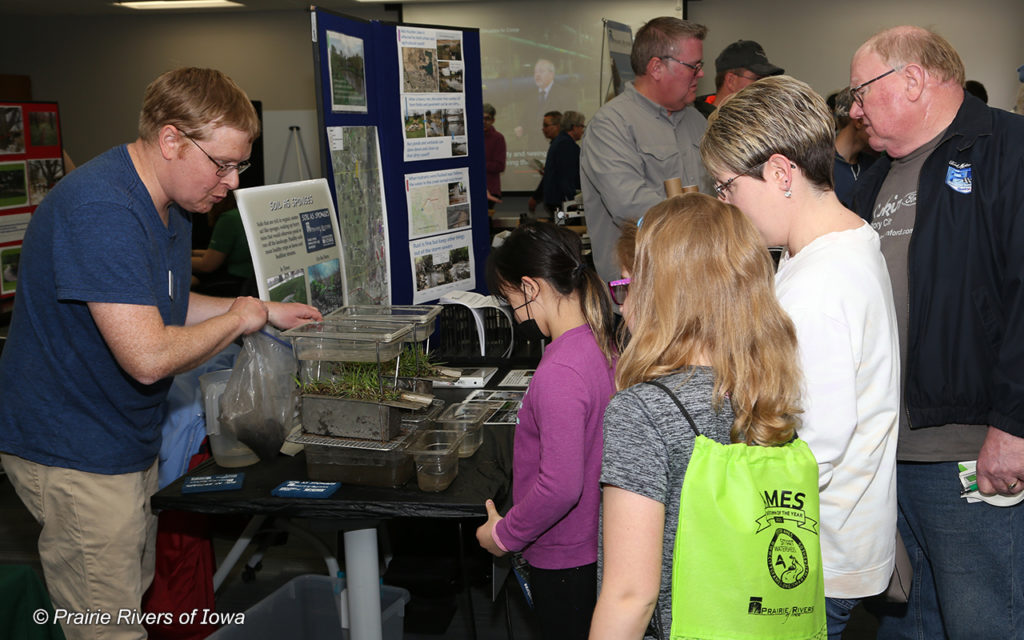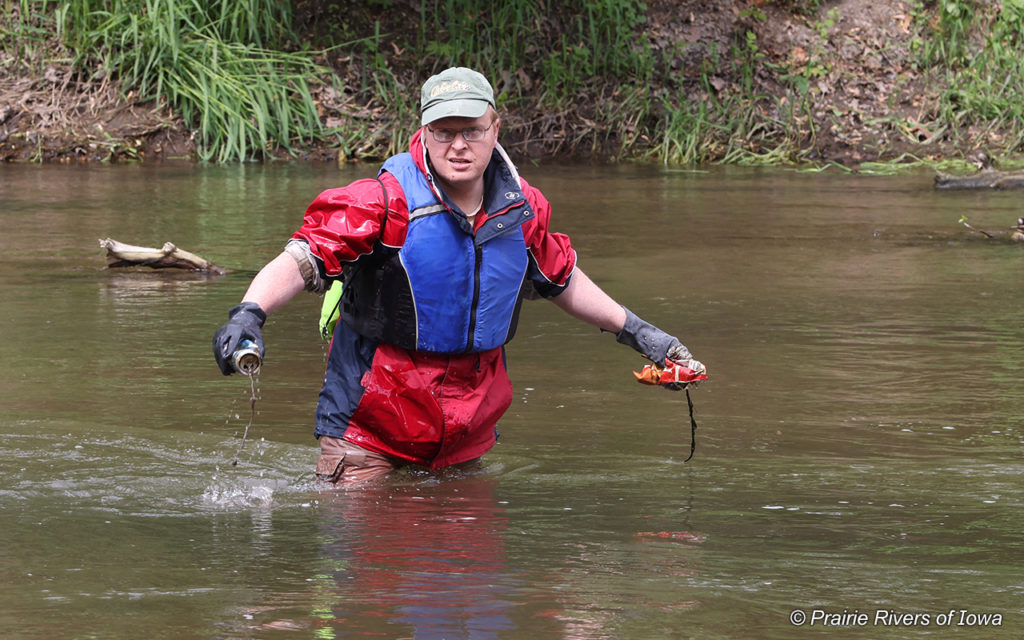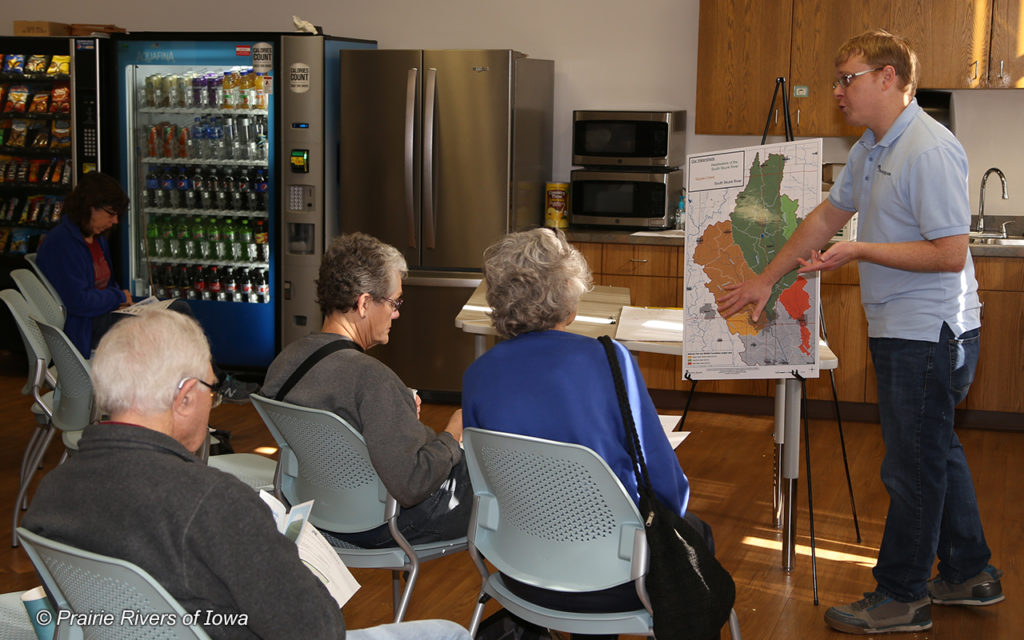Dr. Mark Rassmussen Joins Prairie Rivers Board of Directors
Microbiologist Dr. Mark A. Rasmussen recently joined the Prairie Rivers of Iowa (PRI) Board of Directors. Rasmussen retired from the Leopold Center for Sustainable Agriculture in July 2021 and is a professor emeritus at Iowa State University. His academic credentials include emphases in microbiology, ruminant nutrition, animal science, and agronomy.
We are excited to have him serve on the PRI board not only for his vast academic and research knowledge but also, perhaps more importantly, for his strategic planning, resource management, and collaboration skills which are already proving useful as we continue to move forward in our work.
“Our Prairie Rivers of Iowa board is excited to welcome Mark Rasmussen! Mark brings a wonderful understanding of our mission and is able to give a new vision as we move forward with our water quality and pollinator programs,” announced PRI Board President Reed Riskedahl.
Rasmussen has an impressive resume of professional history, service, teaching, research writing, speaking, obtaining funding, awards, technical reports, and patents (and this is the shortlist)!
In addition to his leadership at the Leopold Center for Sustainable Agriculture, Rasmussen spent four years at the U.S. Food and Drug Administration as a research microbiologist (two years as a supervisory microbiologist and division director) providing technical guidance and research support related to regulatory decisions regarding drugs, additives, and contaminants in animal feeds and much more. For about 18 years he worked for the United States Department of Agriculture, Animal Research Service, and National Disease Center in Ames, Iowa as a microbiologist and researcher. In 2000 he was appointed lead scientist/microbiologist. As a scientist for the Eastman Chemical Company, Mark conducted research in various aspects of animal nutrition and microbiology with an emphasis on cellulose digestion and fermentation.
The accolades, awards, research papers, presentations, patents, and recognition for academic and other service are too many to mention, but it’s safe to say that Rasmusen’s work in the field is extraordinary. Highlights include a U.S. Secretary of Agriculture’s Award for Food Safety and has been awarded a couple of U.S. patents.

